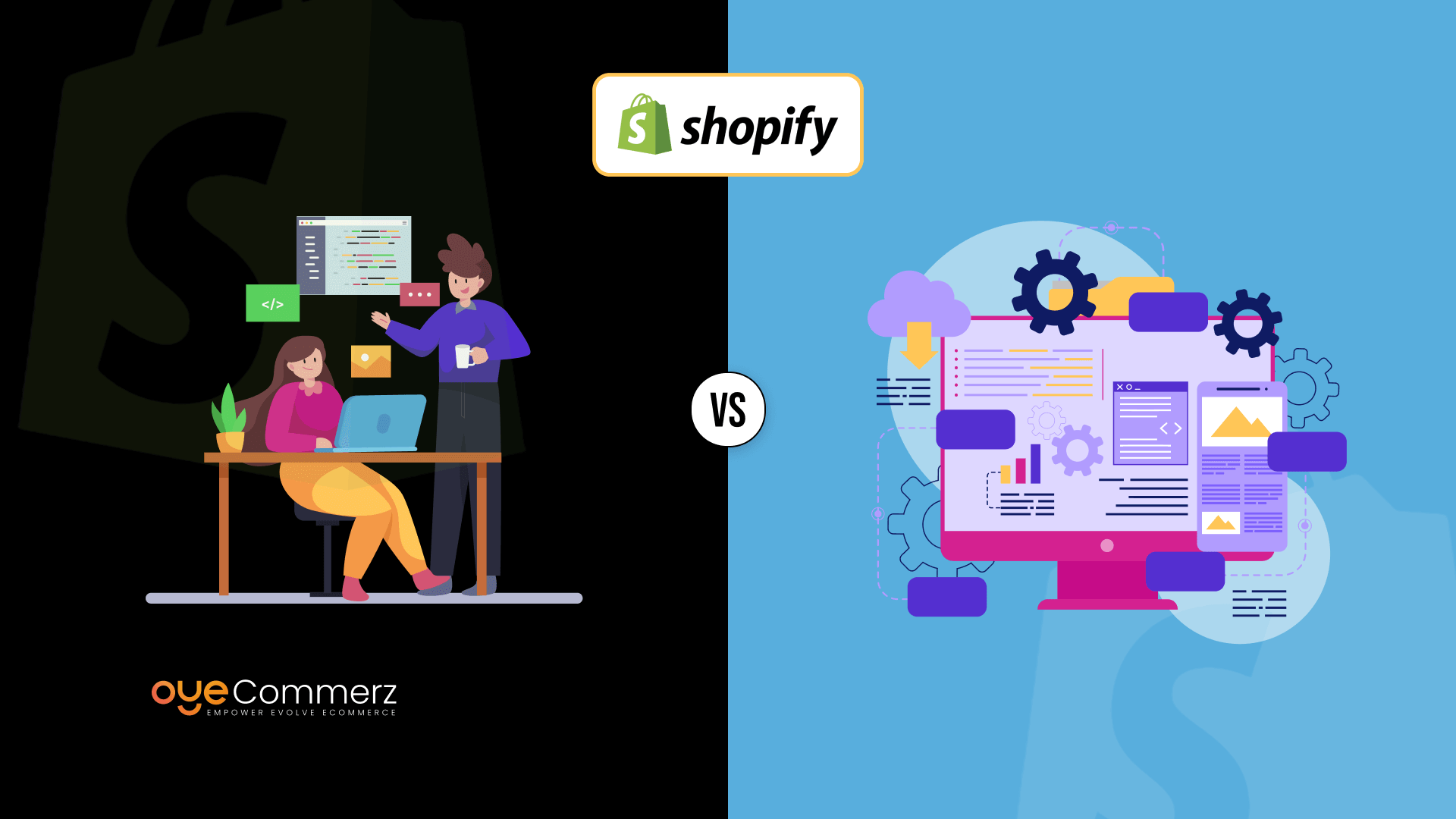Introduction
In today’s competitive e-commerce landscape, differentiating is essential, and a top method to set apart a Shopify store is through custom app development. A robust Shopify app can boost store capabilities, streamline operations, and elevate customer engagement. This article explores key elements of Shopify app development, covering API integration and app ecosystem to growth techniques and digital marketing approaches, providing a roadmap for businesses looking for unmatched store performance.
The Importance of Shopify API Integration
Shopify’s API offers robust tools to customize and expand store capabilities. With GraphQL and REST APIs, developers can retrieve information to create apps that manage inventory control, order processing, and customer information management seamlessly. Using Shopify’s API can lead to better workflow automation and allows stores to assist shoppers more efficiently.
Utilizing the Polaris Design System
Shopify’s Polaris is Shopify's set of design guidelines for designing user-friendly and easy-to-use Shopify apps. By adhering to Polaris principles, developers ensure that apps integrate smoothly within the Shopify Admin experience. This ensures a cohesive appearance that appeals to Shopify merchants, encouraging usability and comfort for merchants using your tailored app.
Understanding the Shopify App Ecosystem
The Shopify app ecosystem offers endless possibilities for improving online stores. From handling order fulfillment to increasing customer engagement, apps in this ecosystem are designed to meet diverse business needs. Learning about this system assists developers in identifying unique app ideas and enables smooth connections of external tools that enhance the store.
Building Embedded Shopify Apps
Embedded apps integrate directly within the Shopify Admin, providing a smooth interface for merchants. They allow merchants do not need to leave their Shopify control panel, simplifying their process. Using Shopify App Bridge and embedded app features is recommended for providing a cohesive, integrated user environment.
Using Node.js and React for Shopify Apps
Node.js and React have emerged as ideal tools for Shopify app development. Node.js enables high-performance back-end services, while React enables dynamic, responsive front-end design. Together, they provide an excellent framework for creating speedy, scalable Shopify apps that enhance store functionality and customer interaction.
Utilizing Webhooks in Shopify Development
Webhooks enable instant Empower your Shopify store data synchronization between Shopify and an outside application. They initiate events such as new orders or inventory updates and provide immediate alerts to your app. By utilizing webhooks, apps can provide Learn more about Shopify apps up-to-date insights for store owners, streamlining workflows and boosting efficiency.
Engaging Customers Through Digital Marketing for Shopify Apps
To ensure Shopify app success, connecting with users is crucial. Using digital marketing strategies like SEO, email marketing, and social outreach can increase app usage. Additionally, creating applications with customer engagement in mind (e.g., loyalty programs or personalized suggestions) boosts user loyalty and satisfaction.
Making Your Shopify App Scalable
As e-commerce businesses grow, so do their technological needs. Ensuring that your app can scale to handle higher usage, larger data sets, and more complex functionalities is essential. By optimizing server capacity and implementing scalable solutions, you can create apps that expand in parallel to a store’s growth.
Important Features and Maintenance Tips for Shopify Apps
For an app to be useful, it should offer key capabilities like user authentication, dashboard analytics, and support channels. Ongoing app upkeep, with updates to fix bugs and ensuring compatibility with new Shopify features, is vital to ensure uninterrupted performance and avoid interruptions to merchant workflows.
Summary
Custom Shopify app development holds vast potential for e-commerce businesses, offering the ability to enhance store functionality, simplify operations, and foster customer loyalty. With API integrations and Node.js to ensuring scalability and customer engagement, building a Shopify app involves thoughtful preparation and well-planned actions. If you’re ready to unlock your store’s full potential, a custom Shopify app may be the ideal solution. What features do you see for your dream application? Share your ideas and take the first step toward an optimized e-commerce journey!
